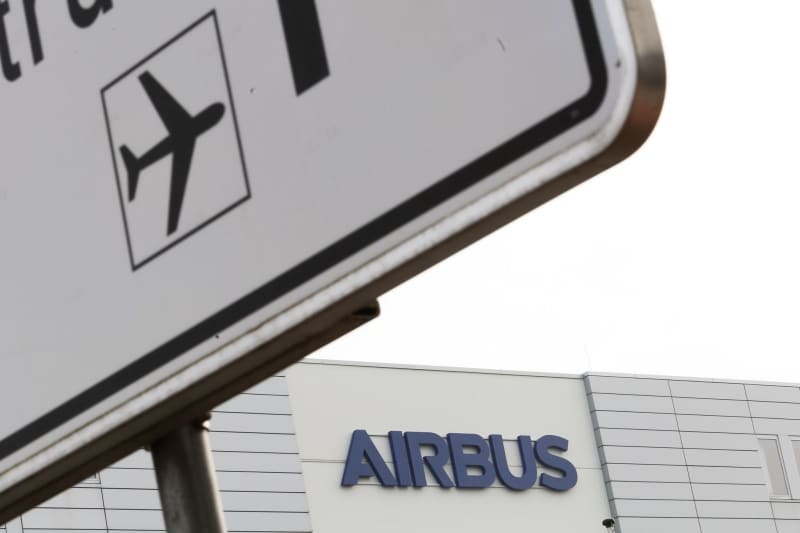High prices and limited production prospects for aviation fuel deemed sustainable are adding to costs for European airlines, making more expensive fares likely in turn.
Sustainable aviation fuel (SAF) made from food crops or waste, is currently between three and five times more expensive than conventional Jet A fuel, making it a considerable extra cost for airlines, according to aviation advisory firm IBA.
In late March, the bosses of Ryanair, Lufthansa, Air France-KLM and International Airlines Group, British Airways’ and Iberia’s parent company, said a European Union target that SAF make up 6% of airlines’ fuel use by 2030 is impossible.
The International Air Transport Association (IATA), a Geneva-based body representing around 300 airlines that carry eight in 10 of the world’s passengers, has warned several times that the industry stands little chance of reducing reliance on kerosene given the cost of SAF production and the lack of manufacturing facilities, while the food industry has warned increasing SAF production would likely mean diverting cropland and harvests, in turn tightening supplies and raising prices in shops.
European airlines have further complained that the SAF mandates applied by the EU put them at a competitive disadvantage against carriers from other regions, leading to a risk of “falling behind,” according to Lufthansa boss Carsten Spohr.
“Airlines are urging policymakers to balance sustainability with economic viability,” IBA says.
Airlines have separately warned that the costs associated with developing green jet fuel will make fares even more expensive. A survey published last year by booking.com found a growing number of its customers becoming increasingly weary of environmentalism and related price rises for their holidays.
Read the full article here


